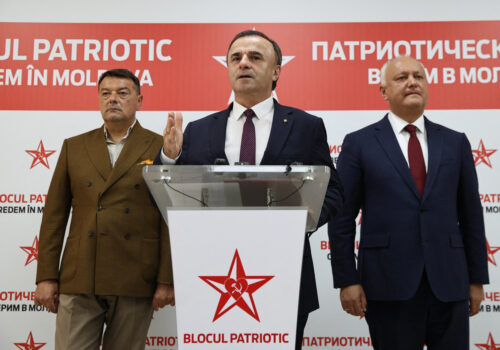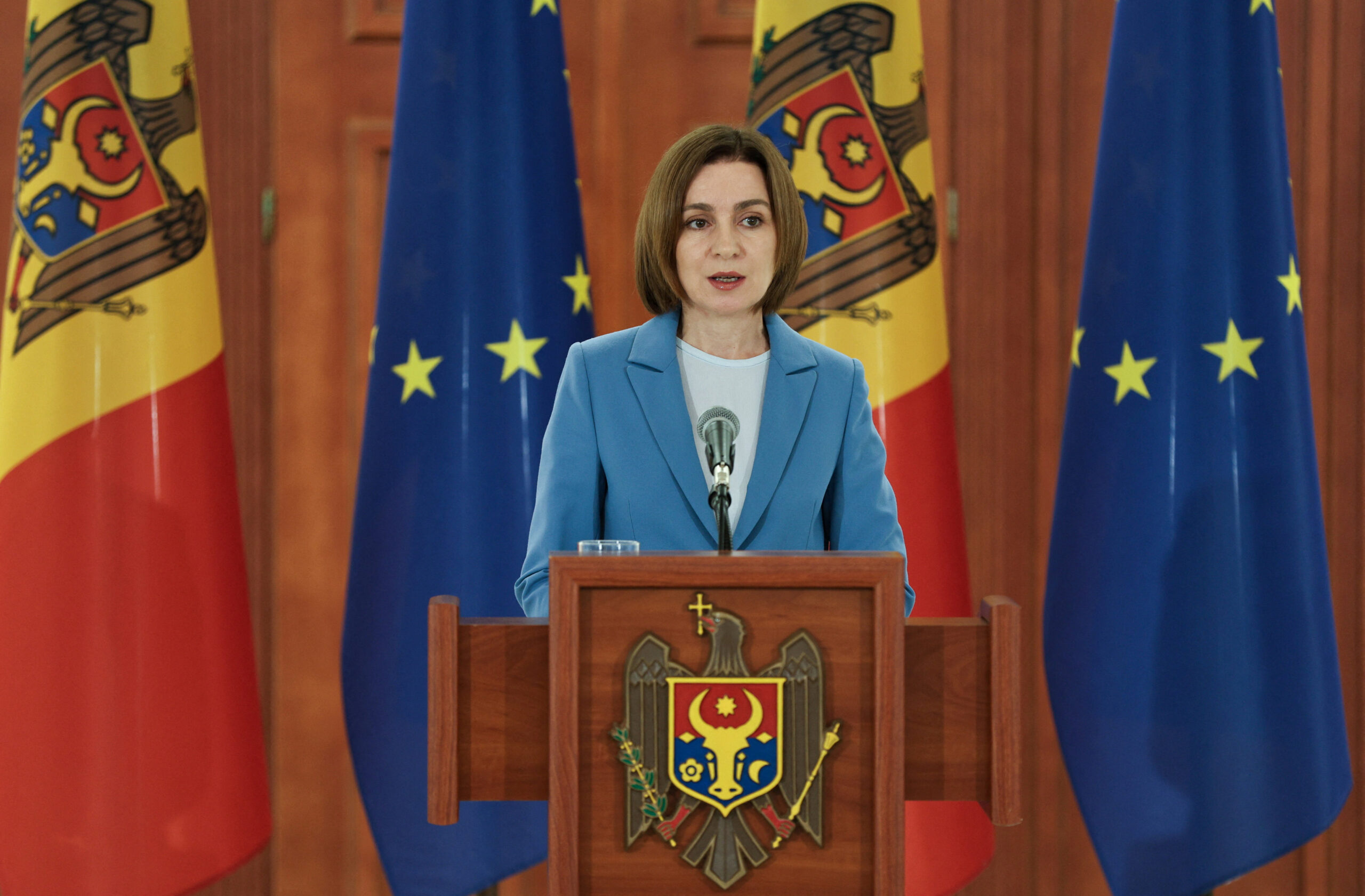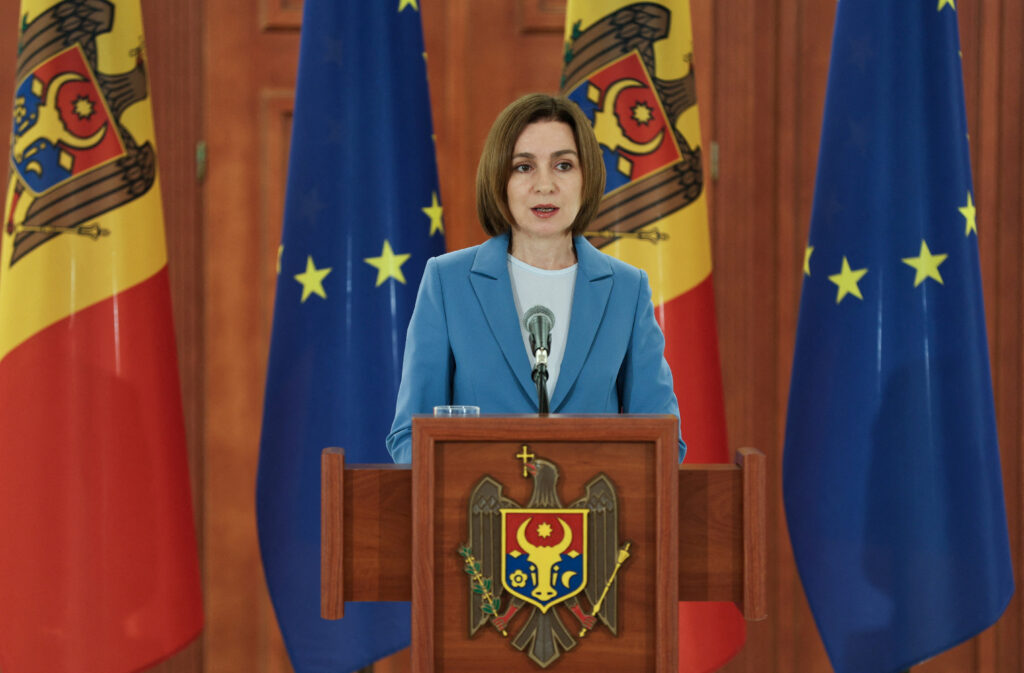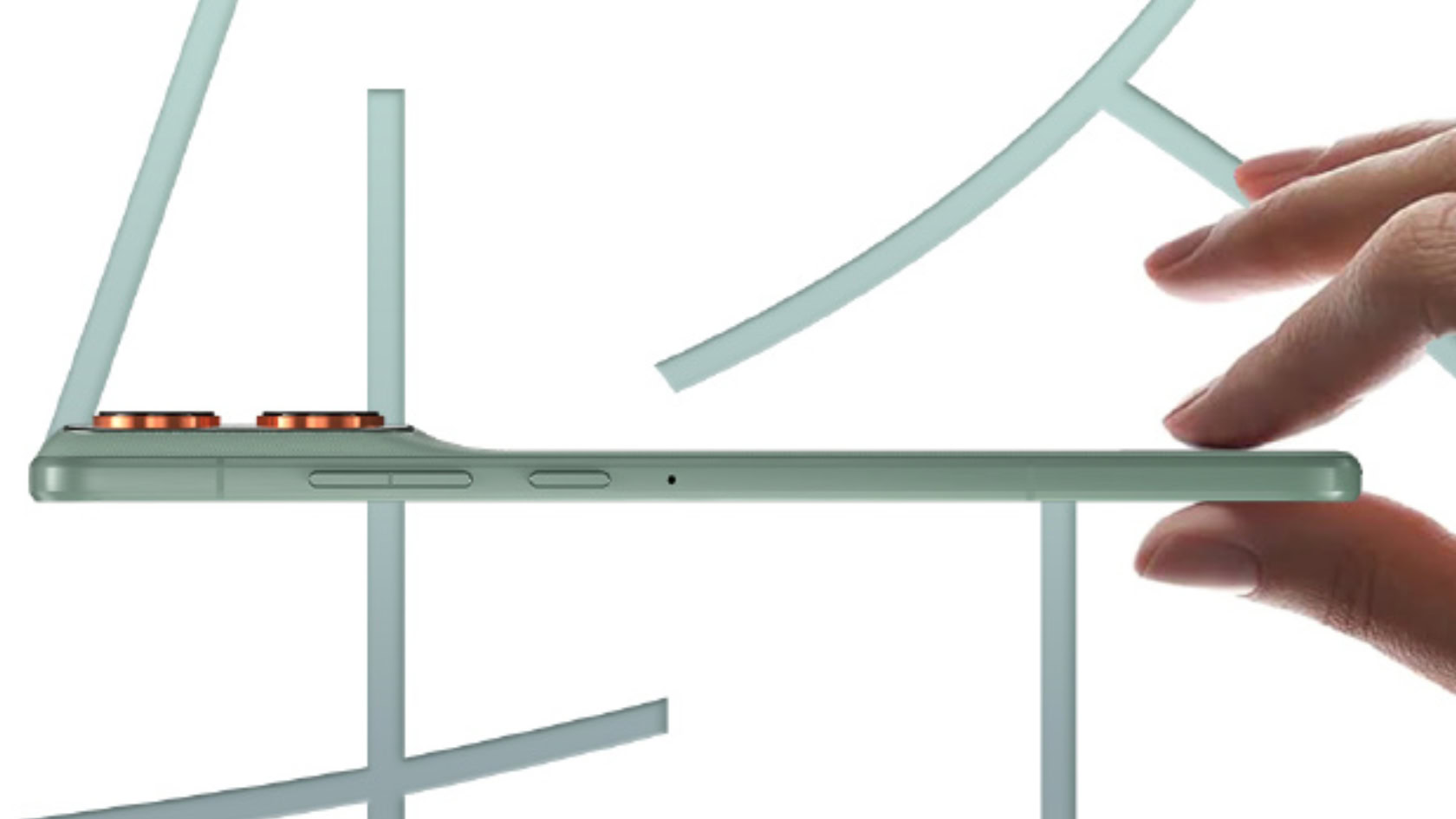JUST IN
Europe for the win. Moldova’s ruling Party of Action and Solidarity (PAS) won a parliamentary majority in Sunday’s national elections, in an outcome widely viewed as affirming the country’s pro-European Union (EU) direction under President Maia Sandu. The elections followed a campaign marked by efforts from the Kremlin to undermine the PAS and aid pro-Russian candidates. What’s next for Moldova’s EU accession path? And how will Russia and Moldova’s pro-Kremlin elements respond to this geopolitical setback? Our experts provide their insights below.
TODAY’S EXPERT REACTION BROUGHT TO YOU BY
- John E Herbst (@JohnEdHerbst): Senior director of the ’s Eurasia Center and former US ambassador to Ukraine
- Victoria Olari (@Olari_Victoria): Research associate for Moldova at the ’s Digital Forensic Research Lab
- Alex Șerban: Senior advisor for the ’s Romania Office and nonresident fellow with the ’s Transatlantic Security Initiative
A ‘historic’ outcome
- With the PAS outperforming pre-election polls, “the impact of this election will be historic,” says John, who recently visited the capital Chișinău. Given Sandu’s “rock solid” commitment to reforms, her party “should be able to pass the legislation needed to deliver EU membership,” he says.
- “The outcome is unequivocal” as a signal of the country’s pro-Western direction, says Victoria. “PAS not only dominated among the diaspora, as in the presidential elections, but also placed first in most districts across the country, giving it broad legitimacy,” she says, adding that other pro-European parties also will enter parliament, a sign that the “overwhelming share” of Moldovans want a European future.
- Alex notes that, in addition to Russian meddling, the PAS also overcame domestic challenges: “Despite unpopular economic measures and criticism over slow rule-of-law reforms, voters again endorsed the European path.”
Sign up to receive rapid insight in your inbox from experts on global events as they unfold.
The Kremlin falls short
- Because of the ruling party’s orientation toward Europe and away from Russia, “Moscow not only backed multiple parties in the election but used its full bag of dirty tricks to try to block a victory for the PAS,” says John.
- The pro-Russian parties’ electoral defeat was a “a sharp rebuke to Moscow’s influence operations,” Victoria tells us. She points to evidence of Russia spending hundreds of millions of dollars; disinformation spreading across TikTok, Facebook, and Telegram; accusations of electoral corruption; and intensifying cyberattacks. Despite all this, “Russia failed to sway the Moldovan vote,” she writes.
- Another one of the Kremlin’s efforts to sway the vote was calling for mass protests if the PAS won. This plan, “has already been launched,” says John. Igor Dodon, leader of the pro-Russian Patriotic Electoral Bloc, “did not wait for the first returns to come in to publicly declare that he had actually won the elections.” He led a demonstration outside the parliament building on Monday, which reportedly drew about one hundred protesters.
What’s next?
- Leaders across the continent were quick to congratulate the PAS on its victory and express their support for Moldova’s embrace of Europe, Alex tells us. This included expressions of support from Romania’s government, EU officials, and a joint message from the French, German, and Polish governments that “signaled EU resolve to anchor Moldova in Europe’s political and security architecture,” says Alex.
- But challenges remain for the leadership of a country that remains politically divided and vulnerable to Russian interference, Alex notes. “Moscow is unlikely to abandon efforts to stir instability,” particularly in the separatist regions of Transnistria and Gagauzia, he says.
- “Any missteps” from the PAS government, says Alex, “whether from weak institutions or stalled reforms, could reignite political turbulence and turn the clock back on popular support.”

Mon, Sep 22, 2025
Moldova accuses Russia of election interference ahead of key vote
UkraineAlert
By
Moldova is raising the alarm over Russian interference ahead of this weekend’s parliamentary election amid fears that a pro-Kremlin victory could derail Moldova’s EU ambitions and create a new front in Russia’s invasion of Ukraine, writes Aidan Stretch.
Image: Moldovan President Maia Sandu attends a press conference following the announcement of parliamentary elections results, in Chisinau, Moldova September 29, 2025. REUTERS/Vladislav Culiomza
Oops…
It looks like we’re having a technical issue.
If refreshing the page doesn’t resolve the issue you could try clearing the sites browser cache.












